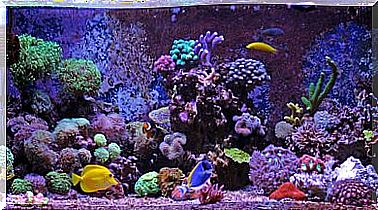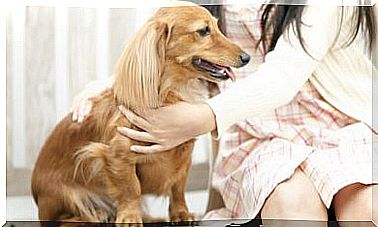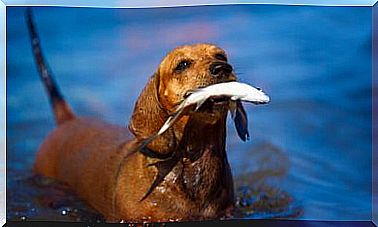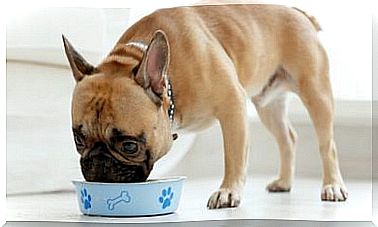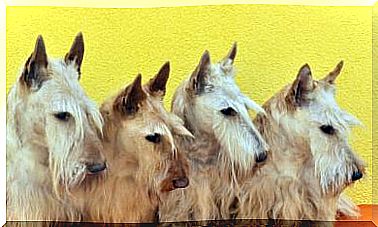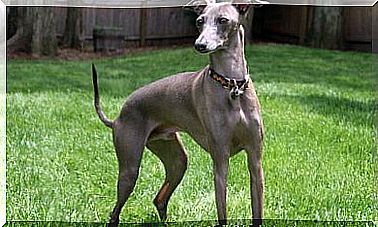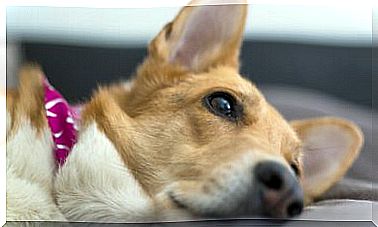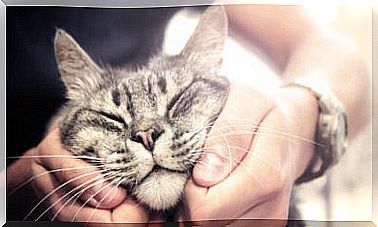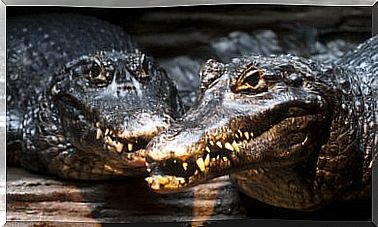How To Teach Your Puppy To Be Clean
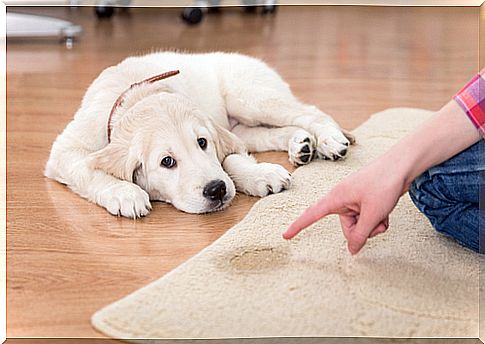
To teach your puppy to keep clean, a good dose of discipline and patience is essential. It is not just about bathing him regularly, but he must be trained to relieve himself in a specific place, especially if you live in a small or confined space.
If you have the possibility of taking it to open spaces, it is recommended that you do it at similar times each day. That is, when getting up, after eating or before going to sleep. This will create a routine that will allow you to stay clean longer.
Pay attention to their biological processes
Initially, you will have to develop their routines around the dog’s needs, and these are reliable and predictable when they are very young. Puppies need to urinate immediately after waking up, so be there to promptly take them to the garden or space you have designated as their ‘bathroom’.
Eating stimulates your digestive system. Puppies normally urinate within 15 minutes of consuming food and defecate within half an hour of eating, although this may vary slightly for each individual.
Puppies have very poor bladder control and need to urinate at least every one to two hours. They can urinate spontaneously when excited, so take your pet out often if he’s been active, playing, or exploring.
Creating habits and reinforcing positive actions
You may find it helpful to keep track of when your puppy eats, urinates, and defecates. A simple list of journals will do. Repeat simple key words like ‘pee’ and ‘poo poo’ while the puppy is urinating or defecating. Use different words like ‘eat’ and ‘walk’ for each action you want to reinforce so that you can train the puppy later.
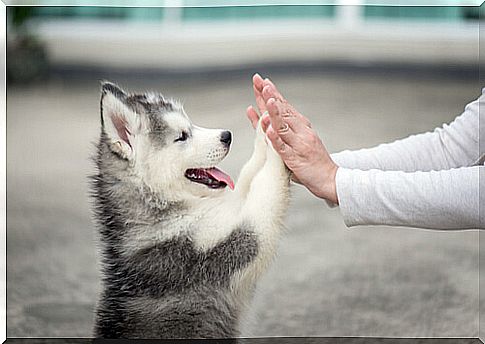
You should always go with your puppy to the garden to reward and link the keywords to the successful actions. Fortunately, puppies are creatures of habit, so as long as you present the garden as their bathing area early, they should be able to avoid relieving themselves in other areas of the house.
Common mistakes when training your puppy
Unfortunately, there are many reasons why potty training may not be as easy as it should be, so make sure you don’t make any of the following mistakes:
- Inadequate diet, high in fat or irritating foods.
- Do not feed it at regular times.
- Punishing the puppy for his accidents indoors, which can make him afraid to go to the bathroom in front of you, even outside.
- Salty foods that cause you to drink more water than normal.
- Wait for the puppy to tell you when to go out. This is unrealistic, so it is best to remove them at regular intervals.
- Leave the back door open so the puppy can come and go as he pleases. A puppy will think of the garden as an adventure park, rather than a grooming area. Also, what should you do when it’s cold or raining and you are faced with a closed back door?
- Leaving the puppy alone for too long, so it is forced to relieve itself indoors, which sets a bad precedent, or even the habit of always doing it, unless you have a specific area for it .
- Laziness on your part to take it out when you need it, resulting in more losses indoors than outdoors.
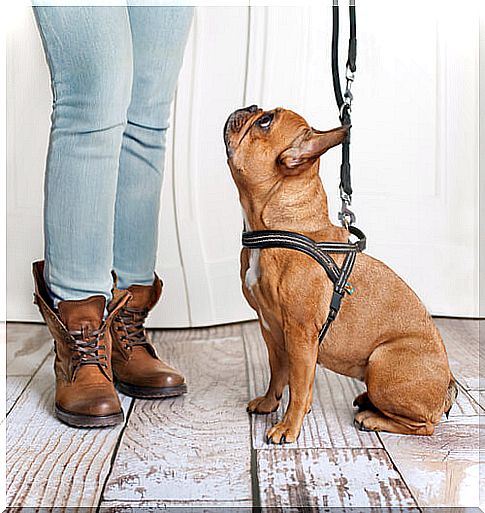
It is unfair to expect your puppy to go through the night without urinating when he is very young. Sleeping your puppy in a crate or puppy kenel can help with house training, but you should let him out for nighttime relief.
How to teach your puppy to ‘potty’ when walking
Many owners seem disappointed that their young pup doesn’t go to the bathroom when they go for a walk, but is released the moment he returns home. This is because the puppy was potty trained alone at home (hopefully in your garden) and, as creatures of habit, they often wait until they return home before emptying their bladder or bowels.
To break this habit, you will have to get up very early in the morning and go for a walk with your puppy before he has had his morning time. You should not take him home until he has been forced to relieve himself. However, if you are unsuccessful, and your puppy has not been able to do so, immediately take him to the garden upon his return, or you risk letting him soothe indoors.
